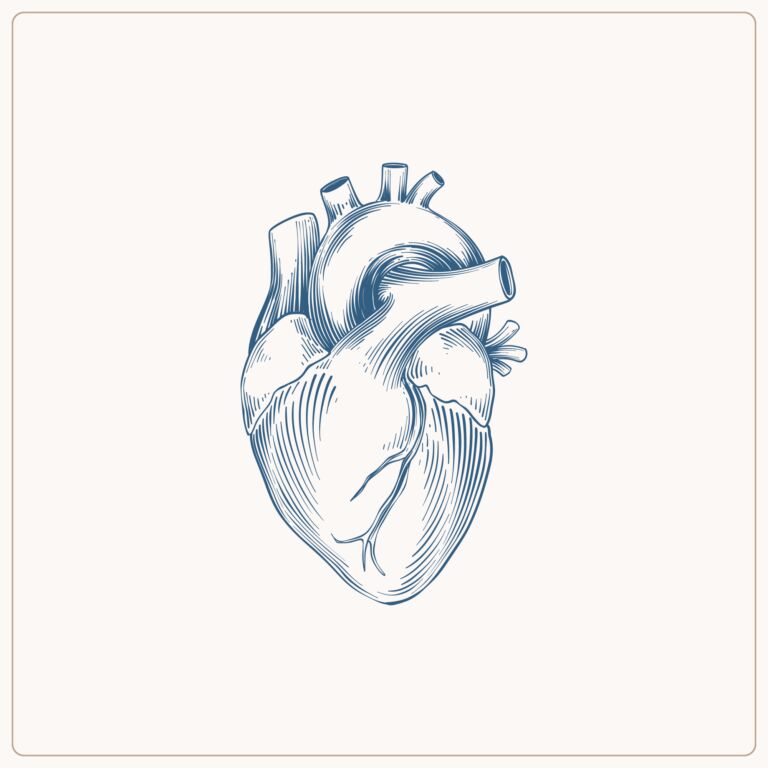What is the heart from a Chinese medicine perspective?
Acupuncture establishes a connection between the body and nature through a system of correspondences based on the five Elements: wood, fire, earth, metal, and water. Each internal organ corresponds to various aspects, aiding in understanding the organ’s mechanisms and tendencies. For instance, the Heart aligns with the element of fire, the season of summer, and the emotions of joy and sadness. This knowledge is essential in influencing both treatment and lifestyle choices, such as the understanding that laughter is beneficial for the heart.
From a biomedical perspective, the heart functions as a circulatory pump ensuring the circulation of oxygenated blood throughout the body, controlled by electrical impulses. In acupuncture, the heart transcends its physical role and is also associated with the mind and spirit. Ancient Chinese texts describe the heart as the lord and sovereign, governing spiritual and emotional aspects.

The Heart Channel and Acupuncture
The Heart channel in acupuncture, an extension of the organ, plays a role in modulating energy flow through the body. Pain patterns, such as those associated with a heart attack, tend to follow the Heart acupuncture channel, affecting areas like the arm and face. The internal branch of this channel further connects the Heart to the face and eyes, reflecting the nourishment of the mind, spirit, and heart.
Symptoms in Acupuncture Relating to the Heart
In acupuncture philosophy, a person with a healthy Heart is kind, friendly, and possesses mental clarity. Conversely, symptoms of a Heart imbalance include a scattered mind, lack of appropriate laughter, complexion issues, speaking difficulties, depression, mental illness, memory loss, circulatory problems, weak spirit, and aversion to heat. Acupuncture treatment using the Heart channel is recommended for individuals experiencing these symptoms.
